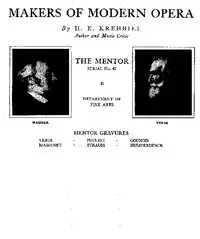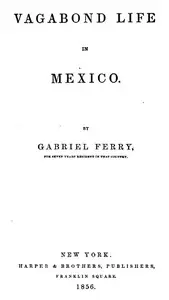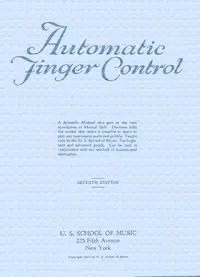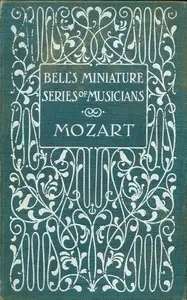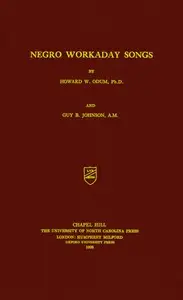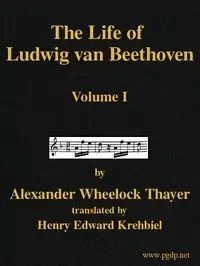"Studies in the Wagnerian Drama" by Henry Edward Krehbiel is a critical exploration of Richard Wagner's operatic works, written in the late 19th century. The book examines Wagner's innovative approach to drama, emphasizing the interdependence of music, poetry, and visual arts in creating a new art form. The author delves into Wagner's influences, including Greek tragedy and Italian lyric drama, and how these shaped his vision for the modern opera. The beginning of the text sets the stage for an in-depth analysis of Wagner's methodology and philosophy regarding drama and music. Krehbiel establishes Wagner as a significant reformer of the operatic form, emphasizing that his works aim for a cohesive synthesis of various artistic elements to enhance dramatic expression. The introduction discusses Wagner's conception of "The Art-work of the Future," which seeks to elevate opera through the joint force of music and its narrative elements. It outlines the thematic structure of Wagner's dramas, suggesting that they convey deeper ethical and emotional truths, thus inviting readers to reconsider the importance of music in storytelling. (This is an automatically generated summary.)
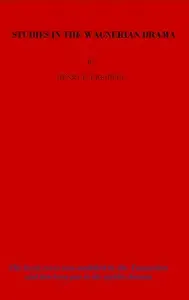
Studies in the Wagnerian Drama
By Henry Edward Krehbiel
"Studies in the Wagnerian Drama" by Henry Edward Krehbiel is a critical exploration of Richard Wagner's operatic works, written in the late 19th centu...
Henry Edward Krehbiel was an American music critic and musicologist who was the chief music critic of The New York Tribune for more than forty years. Along with his contemporaries Richard Aldrich, Henry Theophilus Finck, W.J. Henderson and James Huneker, Krehbiel is considered part of the 'Old Guard', a group of leading New York–based music critics who first established a uniquely American school of criticism. A critic with a strong bend towards empiricism, he frequently sought out first hand experiences, accounts and primary sources when writing; drawing his own conclusions rather than looking to what other writers had already written. A meliorist, Krehbiel believed that the role of criticism was largely to support music that uplifted the human spirit and intellect, and that criticism should serve not only as a means of taste making but also as a mode to educate the public. His book How to Listen to Music was widely used as an instructional guide by the music consuming public in the United States during the last years of the 19th century and first several decades of the 20th century.





